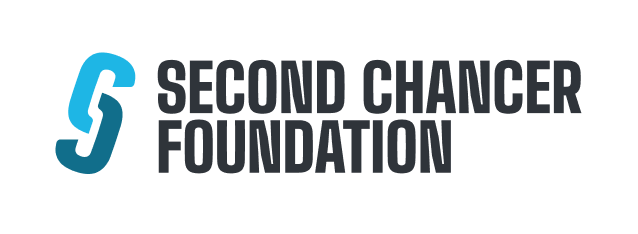BECOME A MENTOR
Our remote mentor volunteers will provide guidance and support to incarcerated individuals seeking advice on post-release life, career or educational planning, and general life guidance. Our goal is to support successful reintegration into society with a focus on personal and economic empowerment. We encourage applicants from all backgrounds to apply, including those with past arrest or conviction records, without attention to race, color, religion, sex, sexual orientation, gender identity, national origin, veteran, or disability. Location: Remote (Must be based in the US).
Review the tabs below for more information.
Second Chancer Connect enables easy communication between Mentors on the outside and Mentees on the inside.
Here’s the process:
1) When your mentee sends a physical letter or digital email to our specified address, our system immediately gets to work by interpreting and screening the content for approval.
2) Once approved, it converts this content into a digital email format and forwards this directly to your provided email address. You can then easily draft your own response right from your inbox and send it back to us.
3) Based on the Mentee’s required communication method, your message is either sent as an email or automatically printed as a physical letter and mailed directly to them, maintaining a consistent flow of communication at no extra cost to either party.
Apply: Complete the online video-based Mentor application, which is designed to better understand you, your background, and how we can best match you to available Mentees.
Interview: Selected applicants will be invited for an interview via Zoom.
Onboard: Approved mentors will receive training on communication protocols, safety compliance, and effective mentorship strategies.
Engage: Once onboarded, mentors are matched with mentees based on shared interests, backgrounds, and the specific needs of the incarcerated individual.
Continued Support: Mentors receive ongoing support from our staff, including access to a FAQ repository, messaging templates, and AI-guided response support for common questions.
(Please note that we may not have available mentees that currently match your background)
Humility and Appreciation for Mentee’ Abilities: A deep sense of humility and an appreciation for the skills, knowledge, and abilities of mentees, avoiding the assumption of being more knowledgeable or experienced.
Cultural Competency: Mentors should be culturally aware and open-minded, respecting the diverse backgrounds and experiences of returning citizens to provide relevant and sensitive advice.
Professional Conduct: Mentors should maintain professionalism, understanding that all communications will be screened for safety and adherence to Department of Corrections rules.
Reliability and Commitment: A commitment to maintaining consistent communication and being a reliable source of support is critical for building a meaningful mentor-mentee relationship.
Confidentiality and Trustworthiness: It’s important for mentors to maintain confidentiality and demonstrate trustworthiness, ensuring mentees feel safe sharing their thoughts and concerns.
Active Listening/Reading Skills: The ability to listen actively, showing genuine interest in the mentees’ written stories and challenges, is crucial for understanding their needs and providing appropriate support.
Willingness to Learn: Mentors should be open to learning and adapting, recognizing that each mentee’s needs and experiences may be unique.
Positive Attitude and Encouragement: Mentors should maintain a positive outlook and encouraging attitude.

